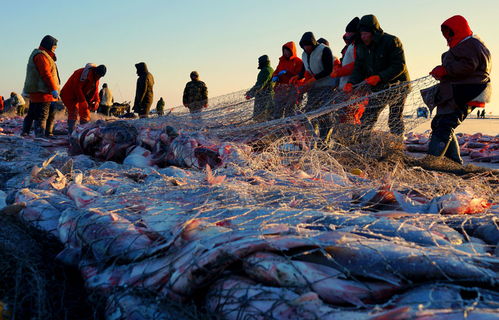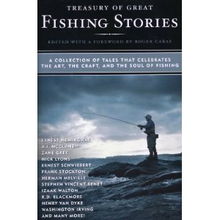Introduction:
Fishing for sea fish can be an exhilarating and rewarding experience, but it can also be daunting for beginners. Whether you're looking to unwind on a sunny beach or aiming to catch the big one, mastering the basics is key to a successful sea fishing adventure. In this article, we'll delve into the essential tips and techniques that will help you get started on your journey to becoming a proficient sea fisherman.

Choose the Right Equipment:
The first step in becoming a sea fishing novice is to invest in the right equipment. Here's what you'll need:
- Rod and Reel: A sturdy, medium-action rod and reel combination is ideal for beginners. Look for a rod that is comfortable to hold and a reel that is easy to cast and retrieve.
- Line: Use a monofilament line with a breaking strength of 8-12 pounds. This will provide enough strength to handle most sea fish while remaining flexible enough for casting.
- Hooks: Choose hooks that are appropriate for the type of fish you're targeting. For general sea fishing, sizes 2-6 are usually sufficient.
- Sinkers: These will help keep your bait or lure at the desired depth. Weight the line with a sinker that is appropriate for the conditions and the fish you're after.
- Bait or Lure: Live bait, such as small fish or shrimp, can be effective, but artificial lures can also be a great option, especially for beginners.
Learn the Basics of Casting:
Casting is a fundamental skill in sea fishing. Here's how to get started:
- Practice Casting: Find a quiet spot and practice casting your rod. Hold the rod with a comfortable grip, and swing it back and forth to build momentum. Release the line at the apex of your swing.
- Adjust for Wind: If there's a breeze, cast into the wind to increase the distance your lure will travel. Adjust your casting technique accordingly.
- Cast at the Right Angle: Aim to cast at a 45-degree angle to the water's surface to ensure your lure lands smoothly.
Understand Tides and Weather:
Tides and weather conditions can significantly impact your fishing success. Here's what you need to know:
- Tides: Tides are the natural rise and fall of sea levels caused by the gravitational pull of the moon and sun. High tides are typically better for bottom fishing, while low tides are better for surface fishing.
- Weather: Fish are less active in rough weather, so plan your fishing trips for calm days. Also, be aware of the weather forecast to avoid dangerous conditions.
Locate the Fish:
Knowing where to fish is crucial for a successful sea fishing trip. Here are some tips:
- Research: Before heading out, research the best spots for the type of fish you're targeting. Look for areas with structures like rocks, reefs, or piers where fish are likely to congregate.
- Boat Fishing: If you're fishing from a boat, consider using a fishfinder to locate schools of fish. For shore fishing, look for signs of fish activity, such as birds diving or fish jumping.
Master the Art of Baiting and Luring:
Baiting and luring are key to attracting fish. Here's how to do it:
- Baiting: If you're using live bait, hook it securely and present it in a natural manner. For artificial lures, experiment with different retrieves and movements to mimic the natural behavior of prey.
- Timing: Fish are more likely to bite during certain times of the day. Early morning and evening are often the best times for fishing.
Be Patient and Observant:
Patience is a virtue in sea fishing. Here's how to stay focused:
- Stay Still: When fishing, it's important to remain still to avoid spooking fish. Move slowly and carefully when reeling in your line.
- Observe: Pay attention to your rod's movements and the water's surface. A sudden tap or a change in the water's surface may indicate a fish biting.
Conclusion:
Becoming proficient at sea fishing takes time and practice, but by following these essential tips, you'll be well on your way to reeling in your first sea fish. Remember to always respect the environment and the fish you're targeting, and have fun exploring the underwater world. Happy fishing!












